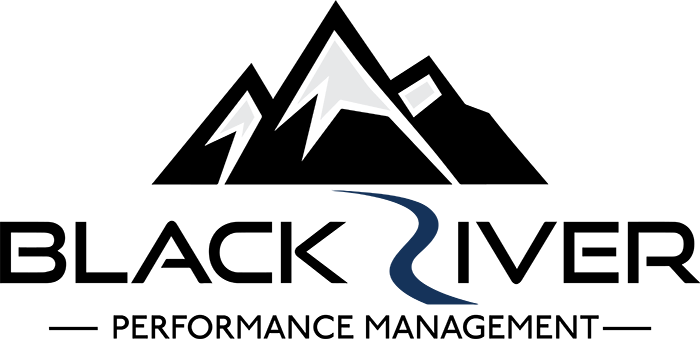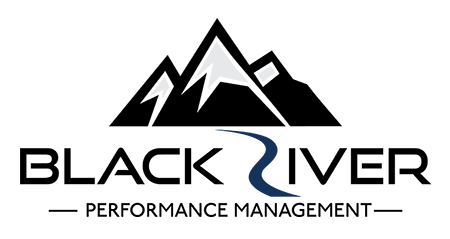One of the things I have found with myself as I take this interesting journey through life is that accurately understanding why I do what I do helps me make sense of both the good and poor decisions I make, whether that is in a work/professional context or a personal context.
There is an abundance of books, podcasts, etc. out there that are willing to tell you how to live, change your life, be a different person for a nominal fee. There are also workshops, conferences, and trainings that will do the same thing for a larger fee. These 710 words could be equally as impactful and free!
What I have concerned myself with, in all my work, is IMPACT—not inspiration or the feel-goods! So, for me, how do I take the new knowledge, information, etc., and integrate/apply it in my own life? Because of my profession, where I research and write on a regular basis, I am surrounded by current and relatively accurate information-I say “relatively” because we aren’t 100% certain on many things at a universal level, and rarely are we able to “prove” anything (fair warning for when you are listening to people trying to sell knowledge, concepts, products, etc.). As a person that focuses on human behavior and decision-making in an organizational context, I feel quite fortunate for the abundance and quality of information at my fingertips.
One of the pieces I have had great pleasure in working with and on, are concepts related to human motivation and thriving. Most people I have interacted with in Think B.I.G. (and in life for that matter) are interested in the concept of drive and motivation (which seems to be a common theme among bootstrappers). So, here is a concept that helps me quite a bit manage my life—my highs and my lows.
According to many researchers, there are three conditions that influence our motivation, whether that be at work or at home, and often times these conditions don’t respect the work/home boundaries, meaning deficiencies in one area often affect the other. They are:
Autonomy: The free will/independence to exercise choice.
Relatedness: Having relations/connections with others, often around a common concept.
Competence: The ability to consistently and successfully accomplish a task/job.
Depending on how you want to remember these three terms (ARC vs. CAR), the choice is yours.
I’m partial to CAR because I think about this in terms of moving me, driving people to be active, achieve, obtain.
Next steps – as I began this post with IMPACT, how do you take these concepts and utilize them? A starting place is beginning to watch/monitor your experiences. So, in a work setting, you can ask yourself where you are, relative to your job in the following areas:
- Competence – do I have the skills and abilities to do my job correctly or appropriately, and in all areas of my job? If I am lacking in any area, what am I going to do to address these issues? If I don’t address these deficiencies, am I willing to endure sub-optimal levels of motivation, which could have an impact on other areas of my life?
- Autonomy – do I have the independence I need/want in my position to make choices for my work, whether that be how I do my work, when I do my work, and do I have authority or agency to be creative or innovative? If I don’t (think micromanaging), what toll is this taking on my work experience or spilling over to my home-life?
- Relatedness – what kind of connections am I experiencing in my workplace? Do I feel connected, do I have a sense of shared identity, ownership, or experience regular, unsolicited peer support? If I don’t, how is this impacting me in terms of feeling connected to the greater organization and/or its mission, etc.?
Final self-check – if you have a feeling of deficiency in your life, it could relate to a deficiency in any of these areas in terms of your work life and/or your personal life. Over this next week, practice being mindful of CAR…after all, who is behind your steering wheel? Hopefully, it’s you!


